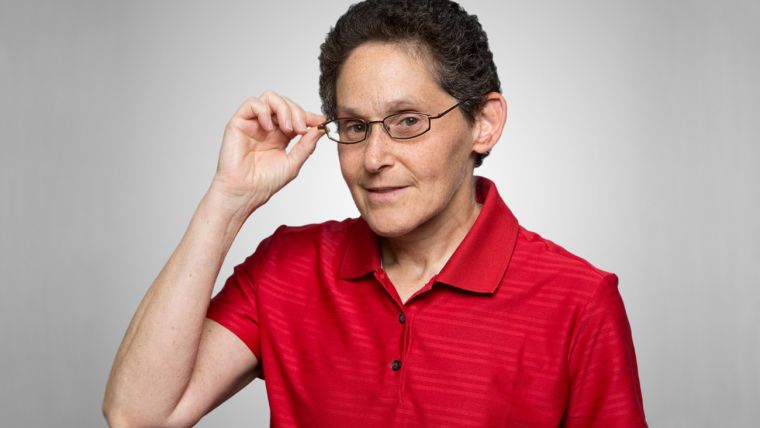How and Why GIS Conferences Fail as Educational Opportunities
Conferences are the focal point for many GIS practitioners when we share experiences, find out what is new and learn what works or what doesn’t. But do we really? Adena Schutzberg asks some pertinent questions and suggests some ideas for making conferences more interesting and useful for all concerned.
There are two well-accepted ideas in today’s educational thinking. One is that active learning typically outshines passive learning. The second is that reflection on learning is valuable in increasing retention and making content meaningful. While researchers and some administrators attempt to inject active learning into educational systems for young and old all over the world, our industry conferences - one of our key educational opportunities - remain stagnant, dull and uninspiring. Similarly, attendees rarely take the time, or have any incentive or requirement to reflect on their learning at conferences.
Before I get ahead of myself, let me briefly explain active learning and reflection. Active learning is learning by doing, usually directed in some part by the student. Reflection refers to thinking back over a learning experience. Typically a student would ask: What did I learn? How? What were the important ideas or skills? How do they relate to my life and work?
Consider the last few conferences or training courses you attended in person. Did you do anything in the educational sessions or mostly sit watching PowerPoint? Did you take some time, alone or with someone else to think back on what was learned? I hope you answered yes to both questions but fear, like me, you answered in the negative.
Why PowerPoint Reigns
Speakers are good at PowerPoint. We’ve used it for years and it’s the way we know to teach or brief one another. And, of course, we can put together the slides on the plane.
Attendees expect to be passive and “not work”. Attendees expect to sit back and have their heads filled with knowledge.
Conference organizers can easily fill five tracks of five 45 minute papers rather than insist on alternatives. Can you imagine a presentation proposal requiring not only an abstract but also an active lesson plan?
Lack of Reflection
Once a conference is over the suitcases are packed and attendees pile into cars and onto planes for the trip home. Once back at work we re-engage with the workflow without a moment to reflect on what we might have learned. I find it the exception rather than the rule that a company requires a “write up,” blog post, or presentation to the staff on what the attendee learned. I’m dismayed to share that my published conference recaps are sometimes “borrowed” in whole or in part, to fulfill such requirements.
What can we do?
Conference organizers should be looking for “non-PowerPoint” keynote and other sessions. They should market such experiences as a key distinguisher of the event! It might be worth selecting respected educators who have active learning skills to provide a session or pair them up with a presenter as a coach to turn PowerPoint content into one or more activities.
Attendees should evaluate conferences on engagement. They should use feedback surveys to identify speakers who showed slides as well as those who went beyond and created engaging active learning opportunities.
Employers (and others footing the bill for conference attendance) should insist on some reflective exercise. It might be an internal, or better yet, public blog post. It might be a lunchtime talk to the staff or a short video recapping the big ideas from the event.
As an industry, we spend lots of money on these conferences. Some of the investment is aimed at marketing our organizations, products and services. Another part is aimed at educating our staff; we should be tapping into what’s known about teaching and learning.
This article was published in GIS Professional December 2014

Value staying current with geomatics?
Stay on the map with our expertly curated newsletters.
We provide educational insights, industry updates, and inspiring stories to help you learn, grow, and reach your full potential in your field. Don't miss out - subscribe today and ensure you're always informed, educated, and inspired.
Choose your newsletter(s)
























